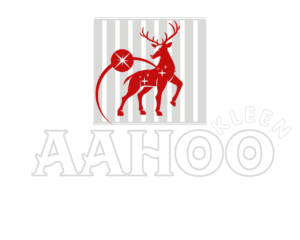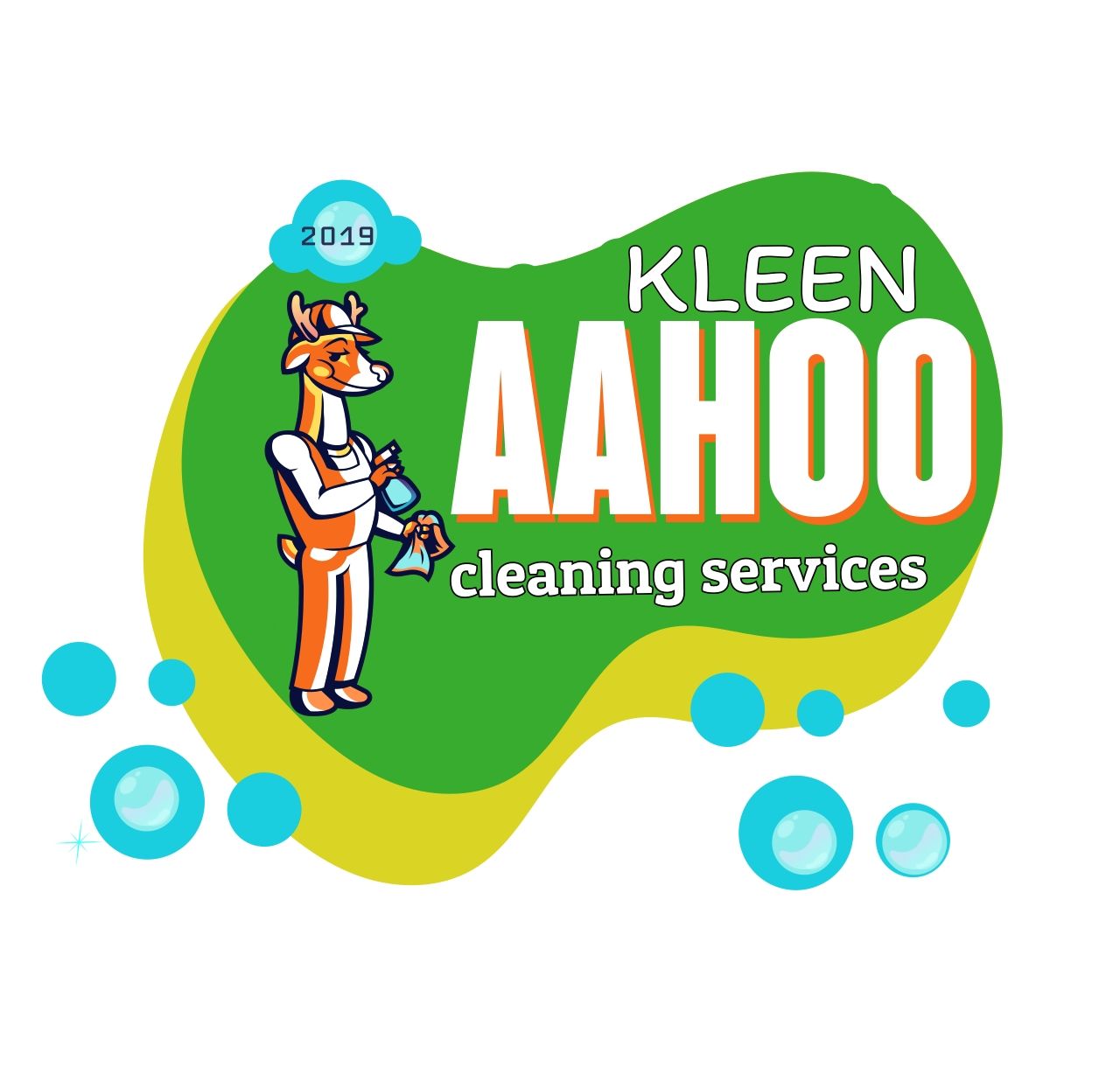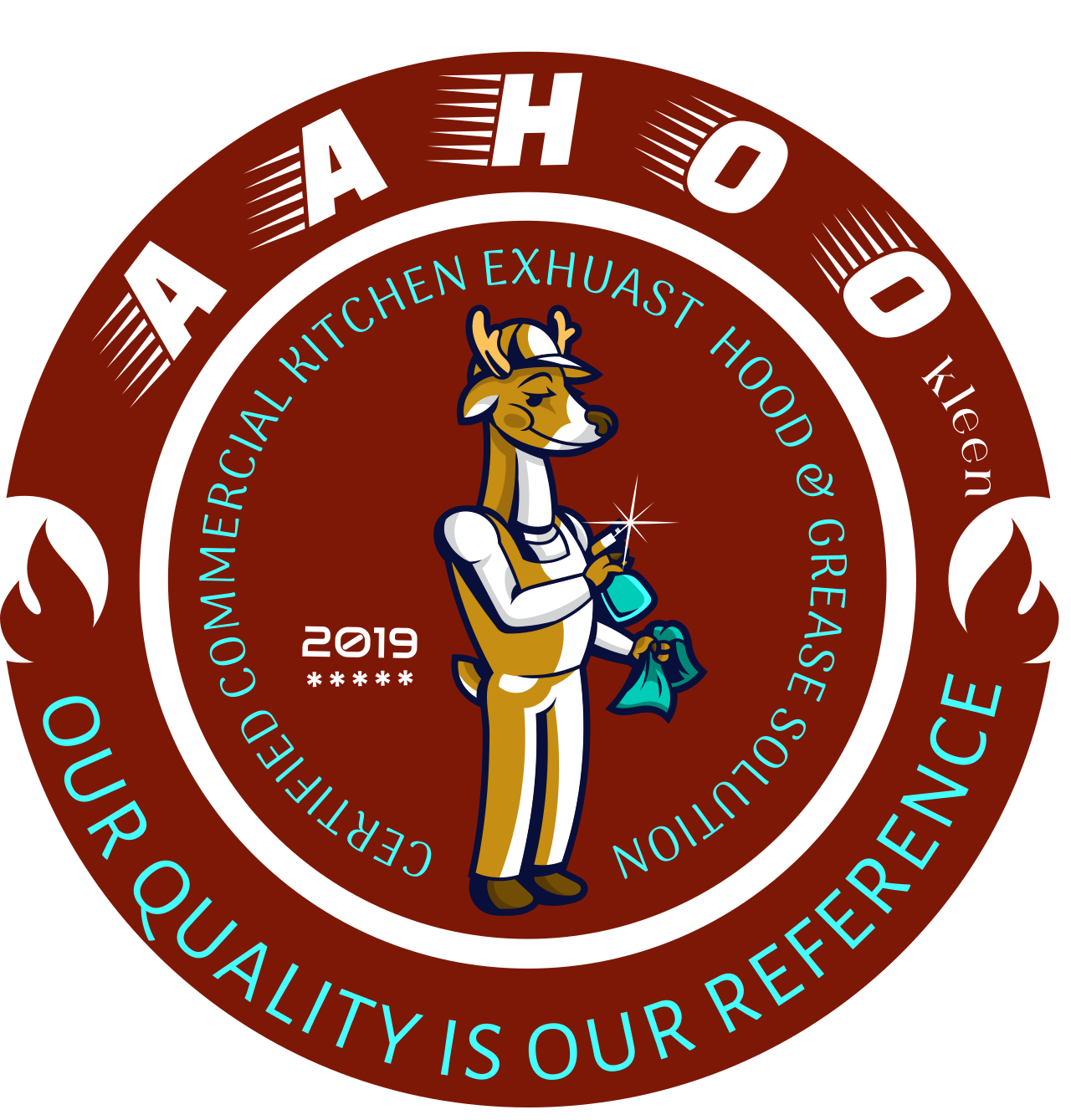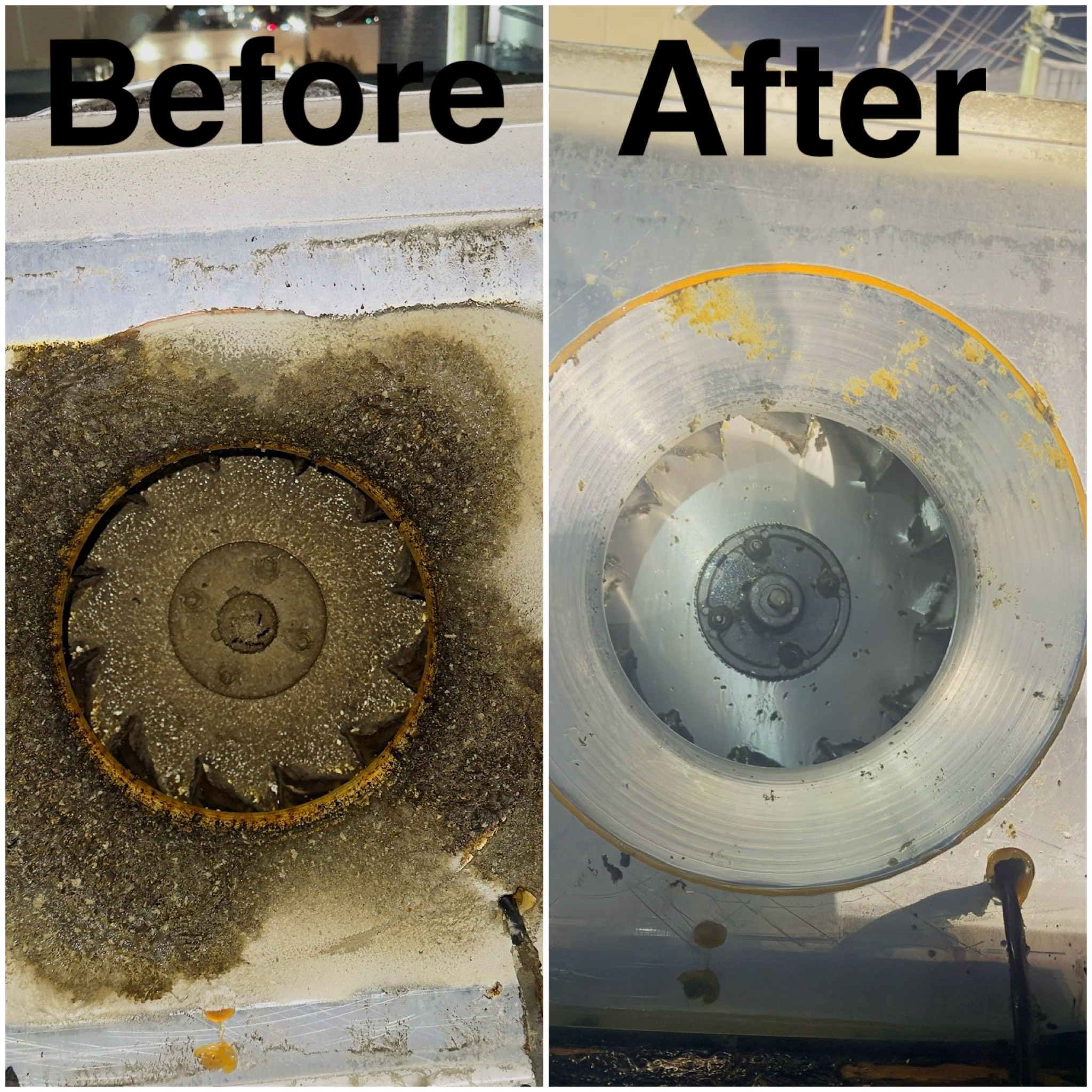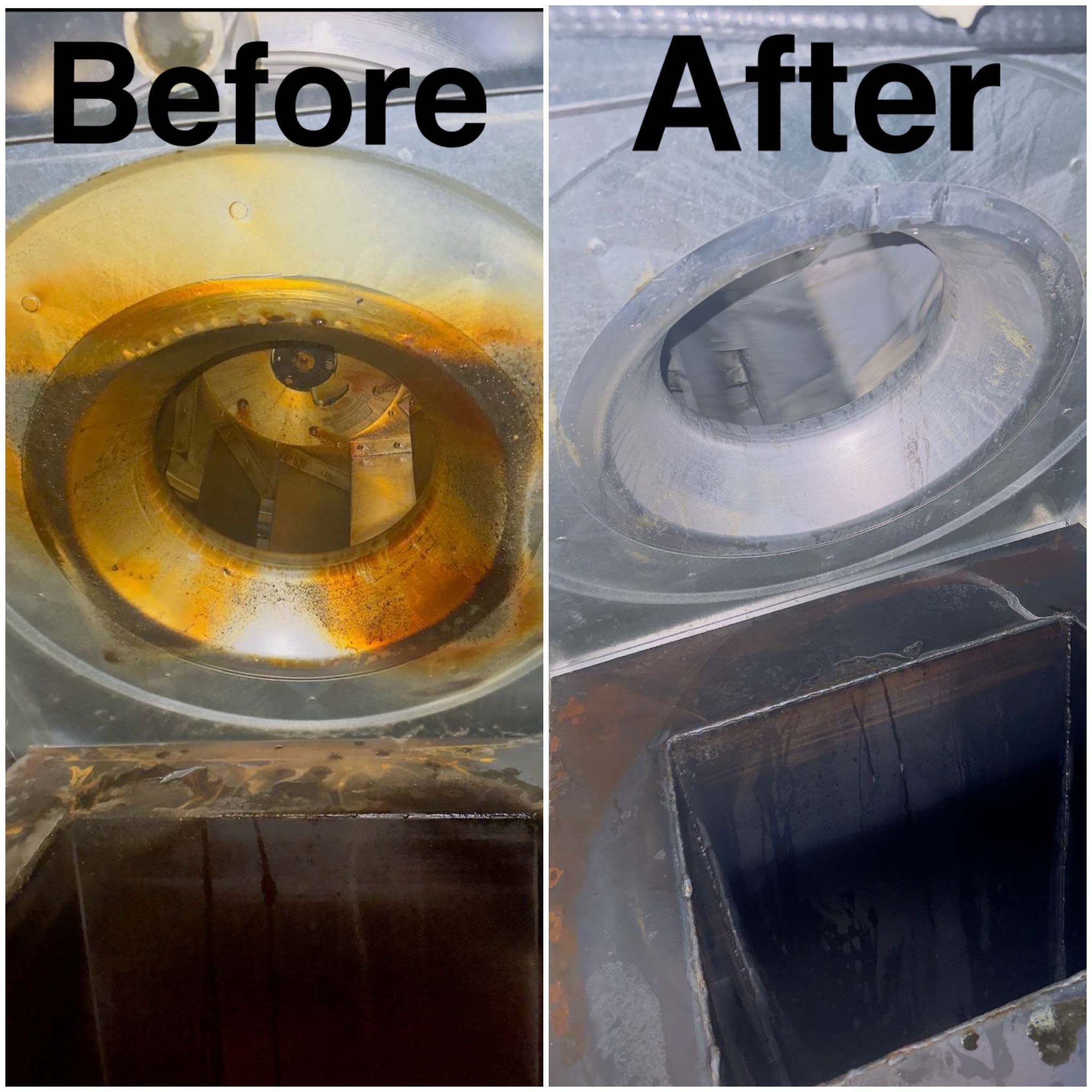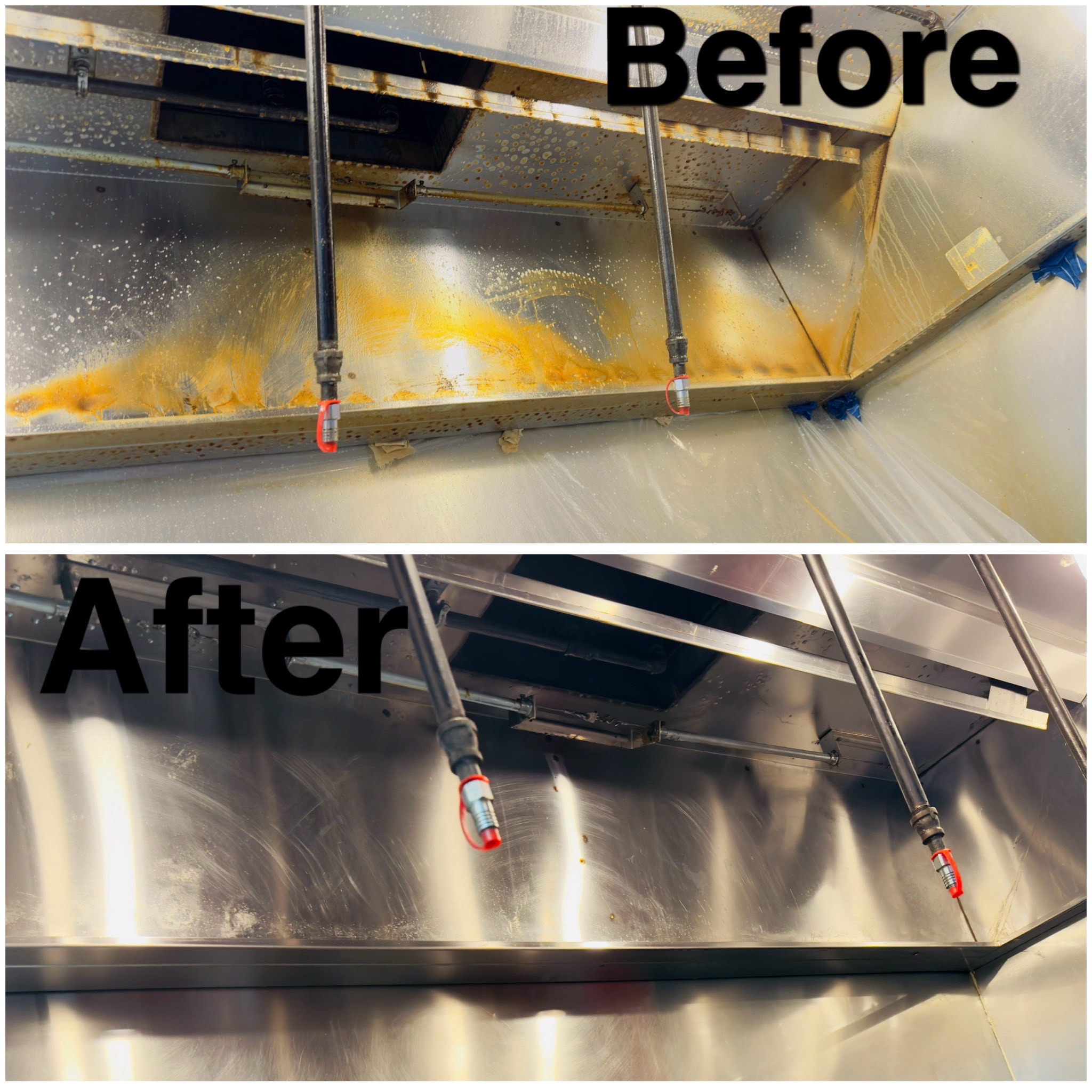Commercial Kitchen exhaust hood cleaning & maintenance
Our Solutions
At AAHOO KLEEN , we go beyond cleaning—we ensure full compliance with regulations, insurance requirements, local laws, and national fire codes. Adhering to NFPA 96 Standards, we prioritize the safety of both equipment and users. Our services are tailored for commercial, industrial, and institutional clients, with a strong focus on restaurants, pubs, bars, and other food establishments.
Our offerings include thorough cleaning of exhaust hoods, kitchen equipment, garbage bins, home exteriors, building facades, driveways, decks, patios, and more. With a foundation built on expertise, experience, and dedication, we are committed to delivering top-notch quality. As a family-operated business, we value trust and loyalty, treating every client like a part of our family.
We proud to offer affordable, high-quality solutions, especially for small and medium-sized enterprises often overlooked by larger providers.
We’re more than just cleaners—we’re partners in your business’s success.
Restaurant Exhaust Hood Cleaning Certification
Our certification service is designed to ensure your kitchen meets all necessary safety and regulatory standards. It includes a thorough cleaning of exhaust hoods and grease filters, along with degreasing the entire kitchen ventilation system for improved efficiency. We provide maintenance for the ventilation exhaust fan, replace belts and filters as needed, and install any essential exhaust components. Additionally, we handle all other maintenance tasks required to ensure compliance and certification readiness. With our expertise, your kitchen will operate safely and in full adherence to industry regulations.
Our Process for Kitchen Exhuast Hood Cleaning
Of course, our process will vary based on the needs of each individual kitchen. You can leave it up to our highly trained experts to determine which process is best for your system.
Exhaust fan (roof mount): We will determine how to safely access the fan. If the proper hinge system is installed, we will inspect and/or clean the fan blades, bowl and housing. We will also do a precheck of the roof surrounding the fan. If the grease has made its way on to the roof, we will determine if it can be cleaned or not.
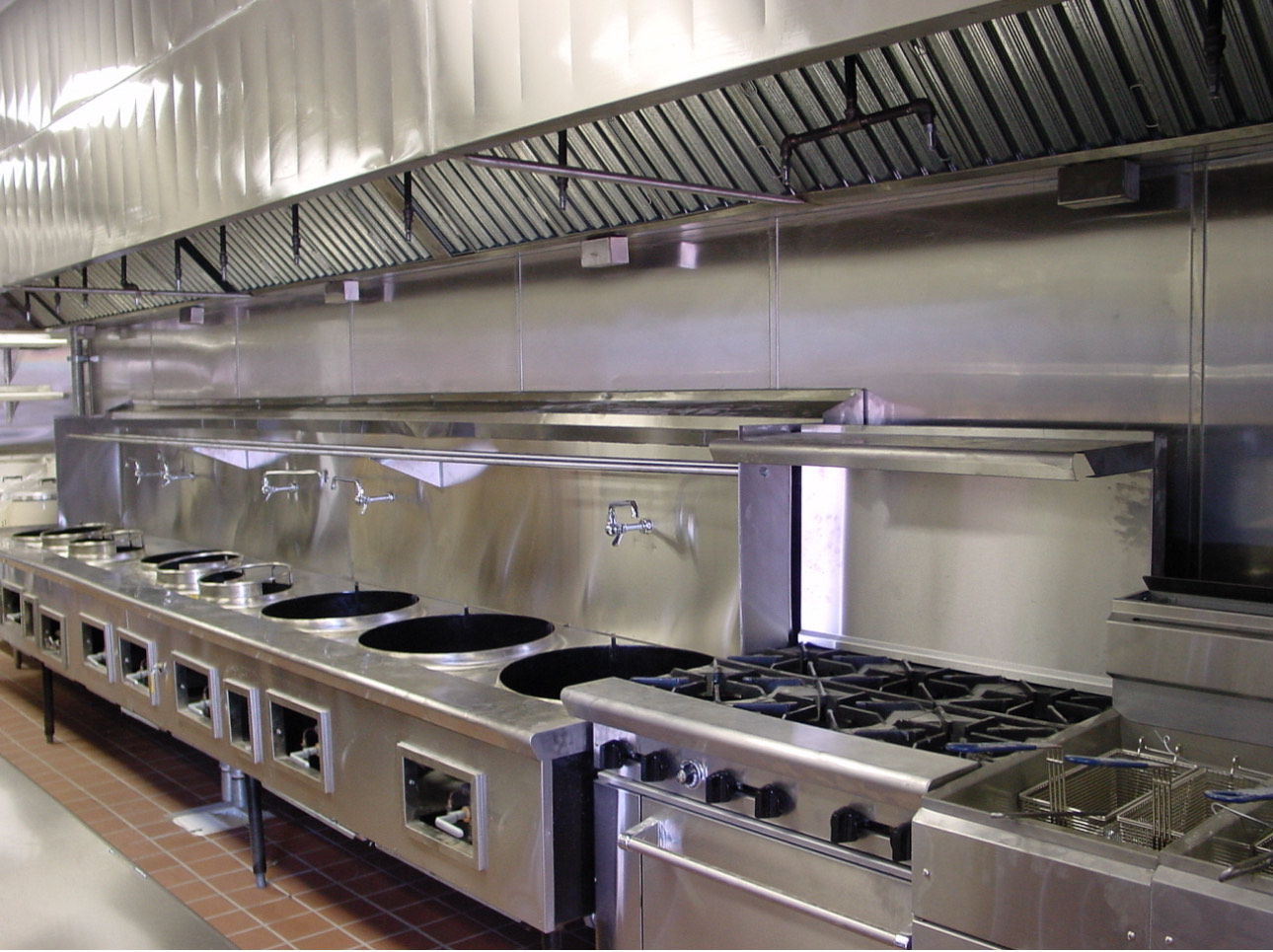
What you should know
- If your system has not been cleaned recently or regularly, it may take more than one cleaning to bring the system to bare metal.
- If you do not regularly maintain your system, your grease containment system may overflow which may cause significant issues such as premature roof decay and damage that can occur from rooftop grease. These damages can be irreversible in some cases or costly to repair. Grease is acidic and may absorb into some roofing structures such as rubber membrane roofing material.
FAQ
Most frequent questions and answers
How often should I clean my kitchen exhaust hood?
What are the benefits of regular exhaust hood cleaning?
- Fire Safety: Reduces the risk of grease fires.
- Air Quality: Improves indoor air quality by removing grease and odors.
- Energy Efficiency: Ensures optimal airflow and reduces energy consumption.
- Equipment Longevity: Prolongs the life of your kitchen equipment.
What does your exhaust hood cleaning service include?
Our service typically includes:
- Cleaning of the hood, filters, and ductwork
- Removal of grease and debris
- Inspection of the system for damage or potential hazards
- Certification of completion
Do you offer emergency exhaust hood cleaning services?
Yes, we offer emergency cleaning services to address urgent issues and minimize downtime.
What safety measures do you take during the cleaning process?
How long does a typical exhaust hood cleaning take?
NFPA #96 Frequency requirements
Monthly
For kitchens with heavy grease-producing equipment (such as commercial kitchens with woks or charbroilers), exhaust systems should be cleaned monthly. This high frequency is essential to prevent grease build-up, which can lead to fire hazards.
Quarterly
Restaurants with moderate grease production, like those using fryers and grills, typically require cleaning every three months. This helps to maintain safe ventilation and prevents grease from accumulating excessively in the ducts and hoods.
Semi-annually
Semi-annual cleaning is suitable for establishments with light cooking operations, such as those focusing on baking or low-heat cooking methods. This interval ensures that the system remains clean without excessive build-up while following NFPA 96 guidelines.
Annually
For kitchens with minimal grease production or lighter cooking activities, an annual cleaning may suffice. However, it’s essential to evaluate the system regularly to ensure compliance with fire safety regulations and prevent any grease accumulation that could pose a risk.
